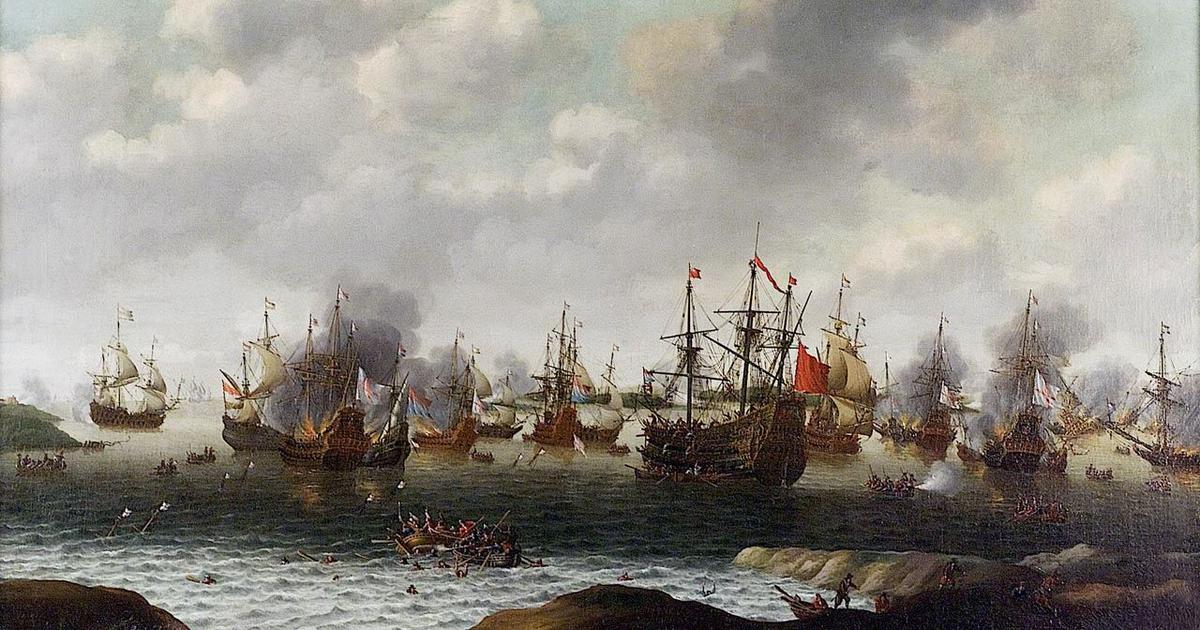A dispute between Britain and France about fishing territories has escalated rapidly. French authorities detained a British trawler on Oct...

A dispute between Britain and France about fishing territories has escalated rapidly. French authorities detained a British trawler on October 28, and Britain promptly summoned the French ambassador for talks.
The wider issue here is the licences now required under the new Brexit arrangements. French fishermen complain that many of their applications for these licences have been rejected, especially by officials in Jersey.
The French government has threatened to subject British fishing companies to obfuscating bureaucracy, perhaps to bar British fishing vessels from French ports, and even to cut off the power supply to the Channel Islands. The British government, meanwhile, has threatened retaliatory measures. It has put Royal Navy vessels on standby in case French fishermen try to blockade those islands. Discussions to solve the problem have seemingly got nowhere.
These events follow earlier protests and stand-offs during Brexit negotiations – but they also have a longer history. The most obvious comparison might be to the “cod wars” of the 1950s and 1970s when Britain’s role was reversed. Back then, Iceland ended a previous agreement with Britain and excluded British fishermen from Icelandic territorial waters.
Yet conflicts about fishing date back even further than that. The history of these arguments over territorial waters and access to maritime resources can help...



